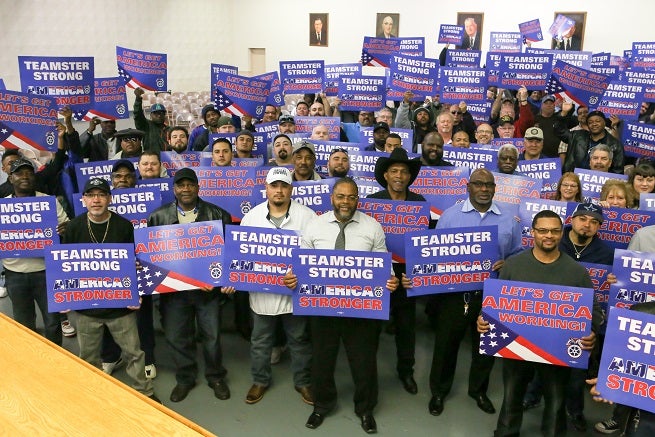Uncategorized
Questioning the Ethics of Unpaid Internships

Unpaid internships have become almost a rite of passage for college students trying to get a foothold in a career. But that free labor is hurting both workers-to-be and existing workers in many cities across the country.
First, there is the question of ethics for successful employers that force people to give their services away. Many tout that interns learn valuable career lessons from such experiences, but recent research questions if those participating in such arrangements ultimately benefit as much as is claimed.
A survey by the National Association of Colleges and Employers notes that those working for free significantly trail (by more than 28 percent) those who receive paid internships when it comes to securing an actual job from their employer. In addition, they are paid more than $19,000 a year less when they do.
What’s really happening here is employers are receiving cheap labor. That’s paid work, by the way, that someone in the workforce is losing out on. But just as importantly, these internship opportunities just reinforce a system that favors the wealthy and advantaged over those who struggle to make ends meet.
As The New York Times noted in an article about interns in the nation’s capital this week, “Such interns may cost their employers nothing, but some economists worry such programs do carry a cost. Free labor could be depressing wages in Washington while turning the federal government and Capitol Hill into arenas where only wealthy students can afford to work. In turn, children of privilege get another leg up on their less fortunate classmates.”
This isn’t, however, just a Washington, D.C. issue. It happens in New York, San Francisco, Los Angeles and myriad other places that are home to numerous employers and seen as desirable locations by young people. The powerful take advantage of this fact.
As mentioned in this blog yesterday, worker training is important. But it does not give those seeking mostly summer help the right to prey upon people. And it should not keep in place a system that for decades has allowed the poor and people of color to be left behind.